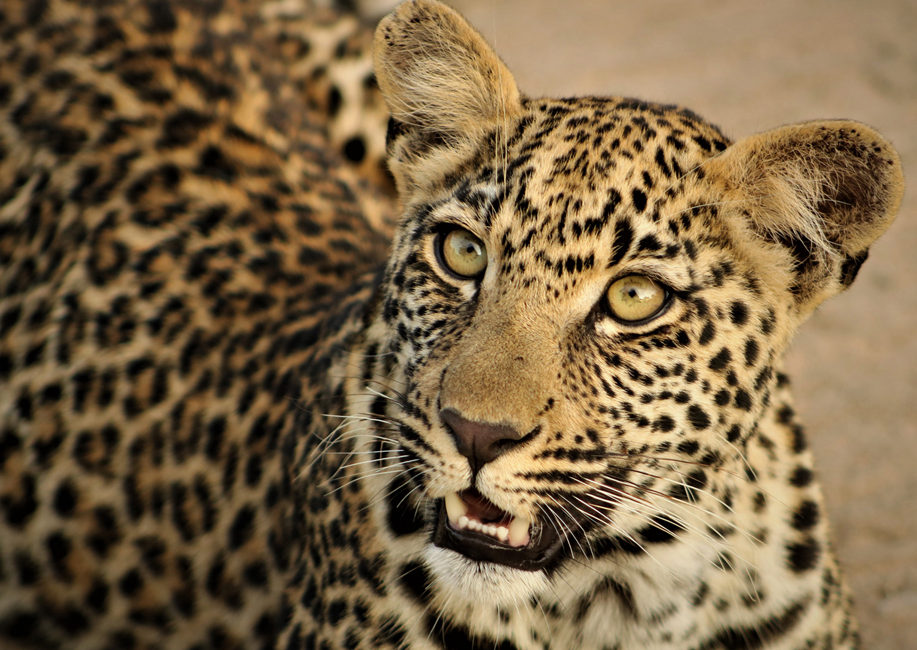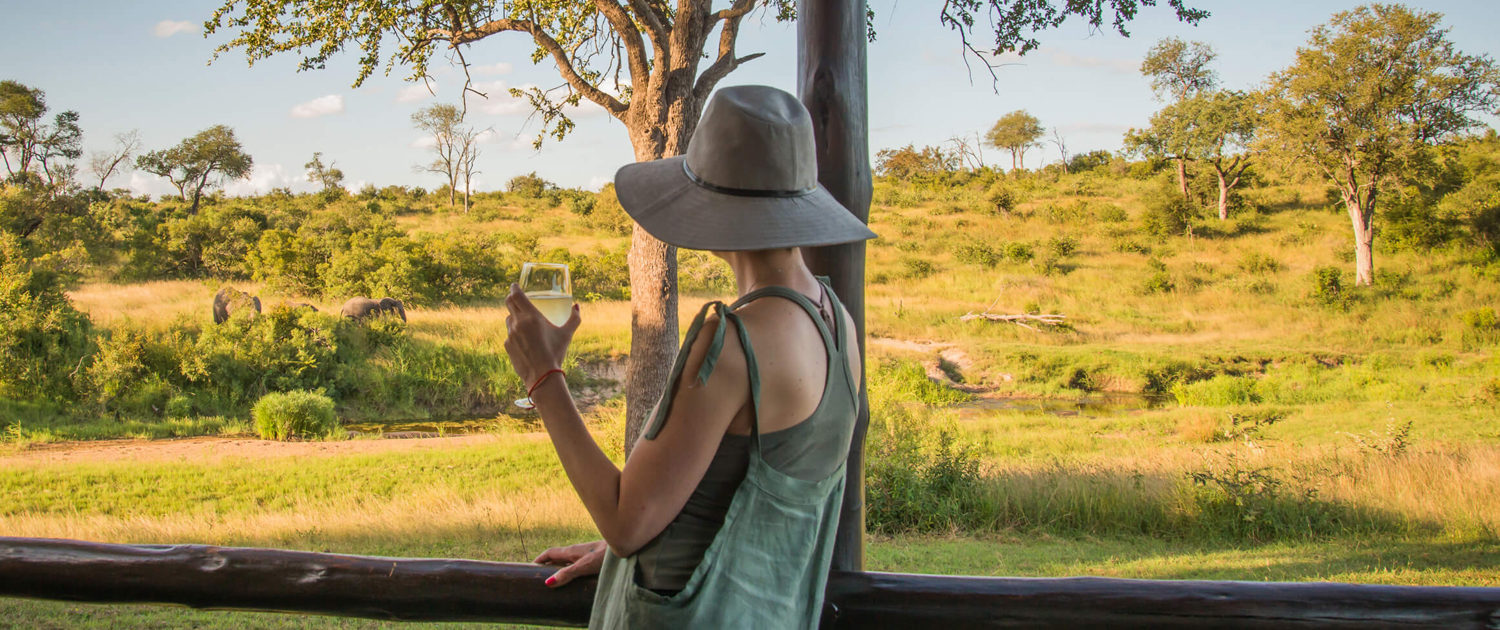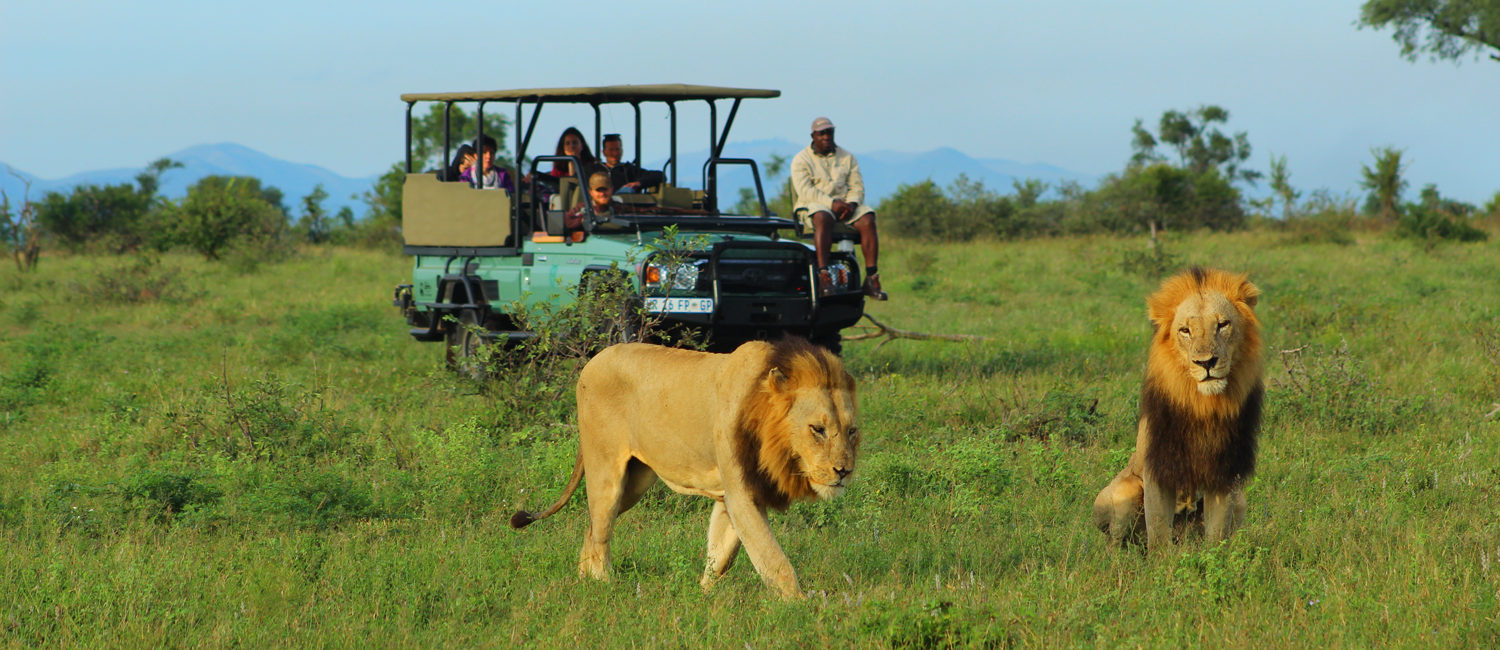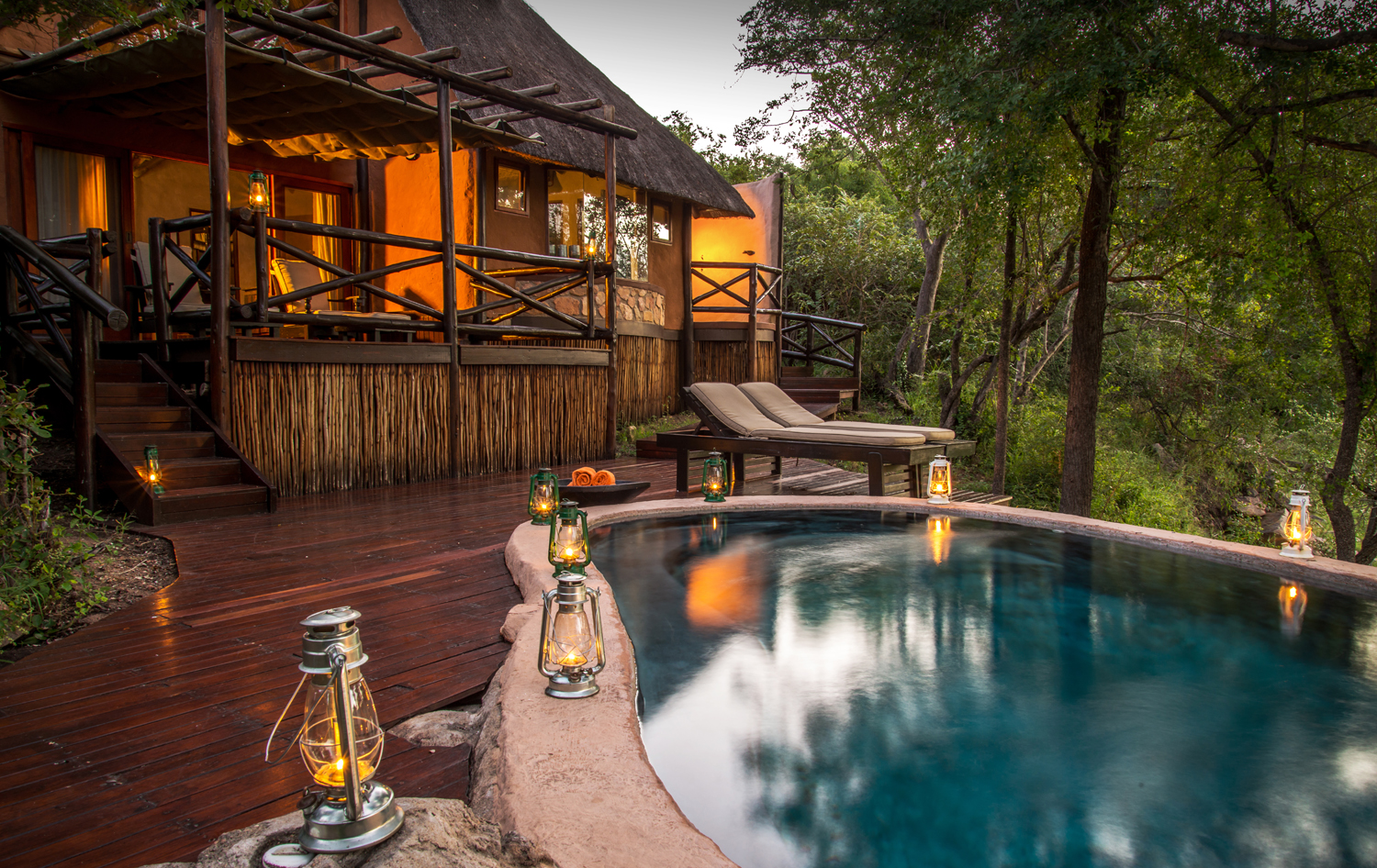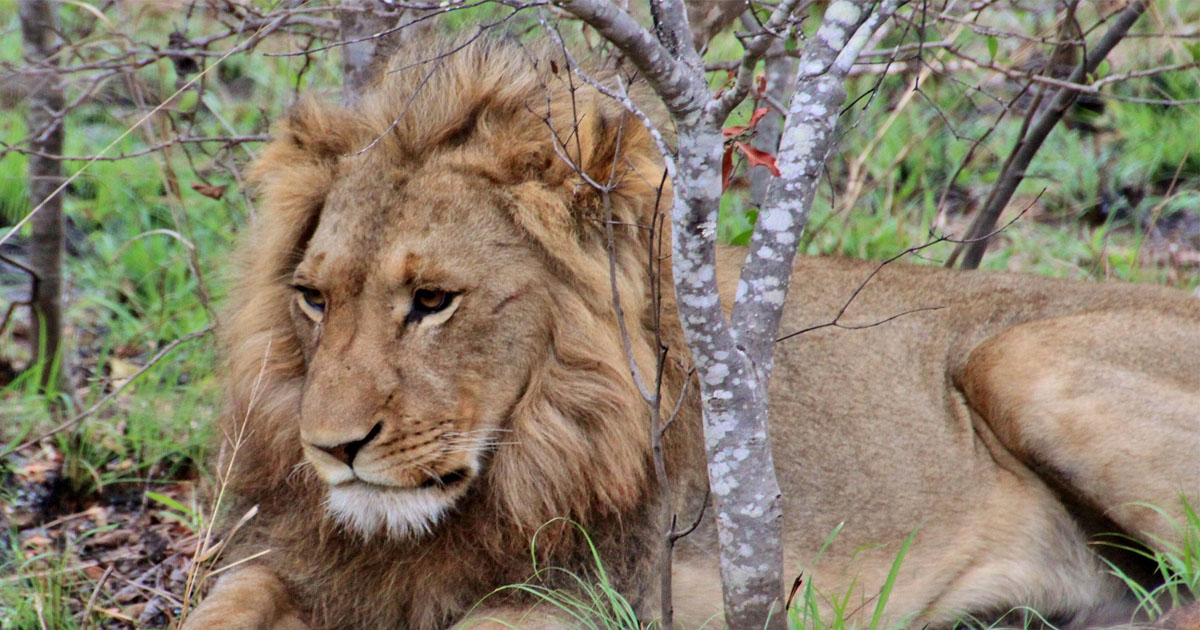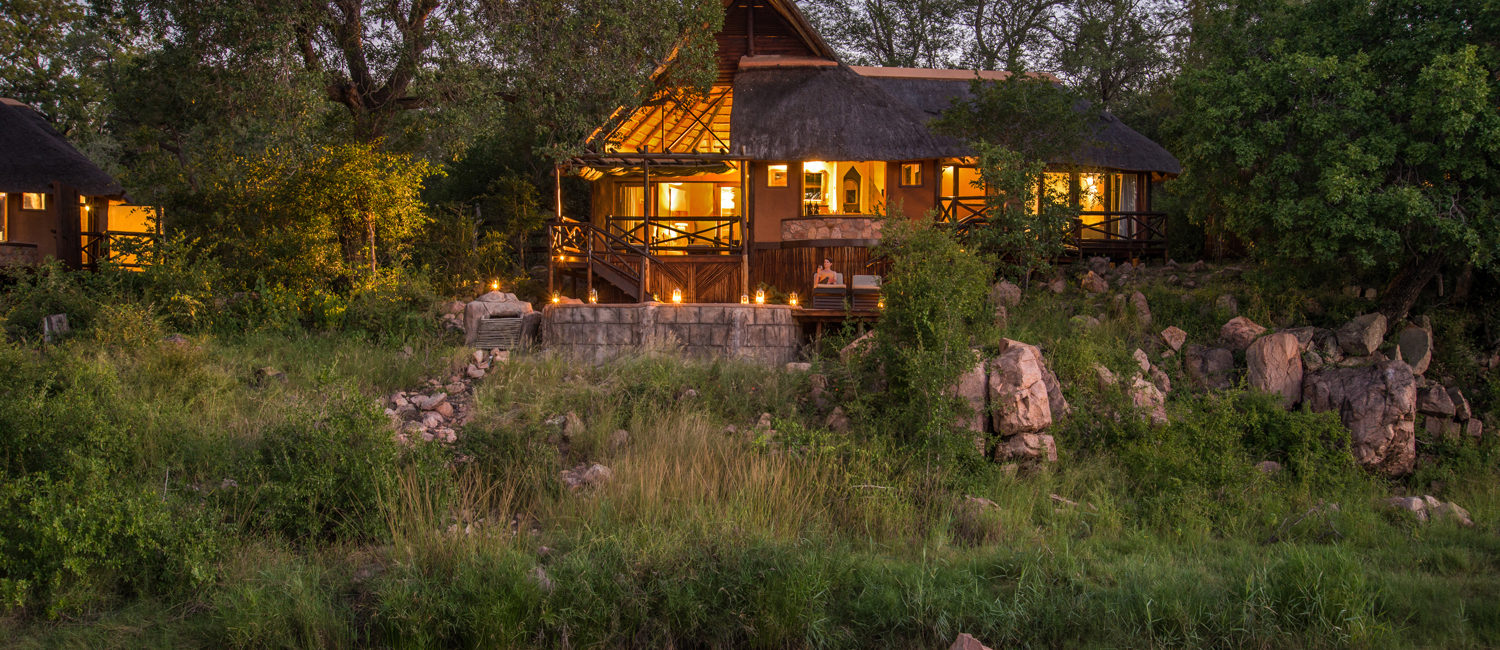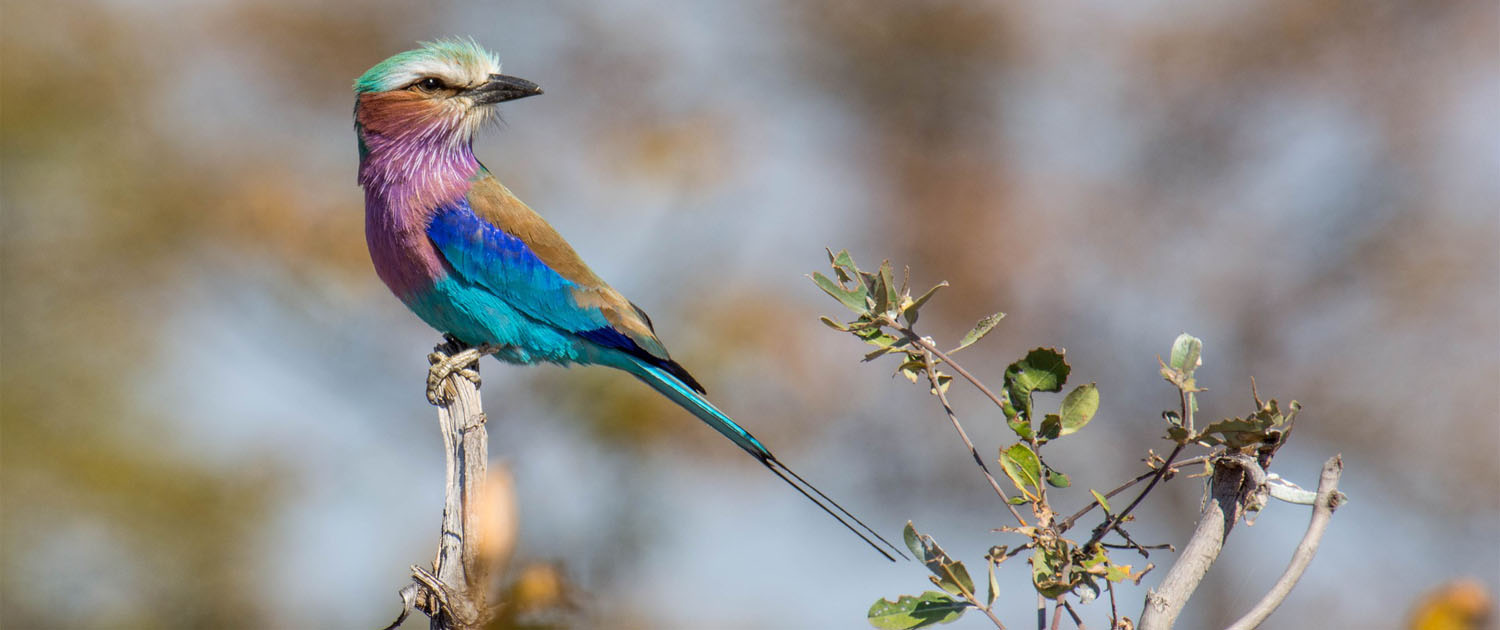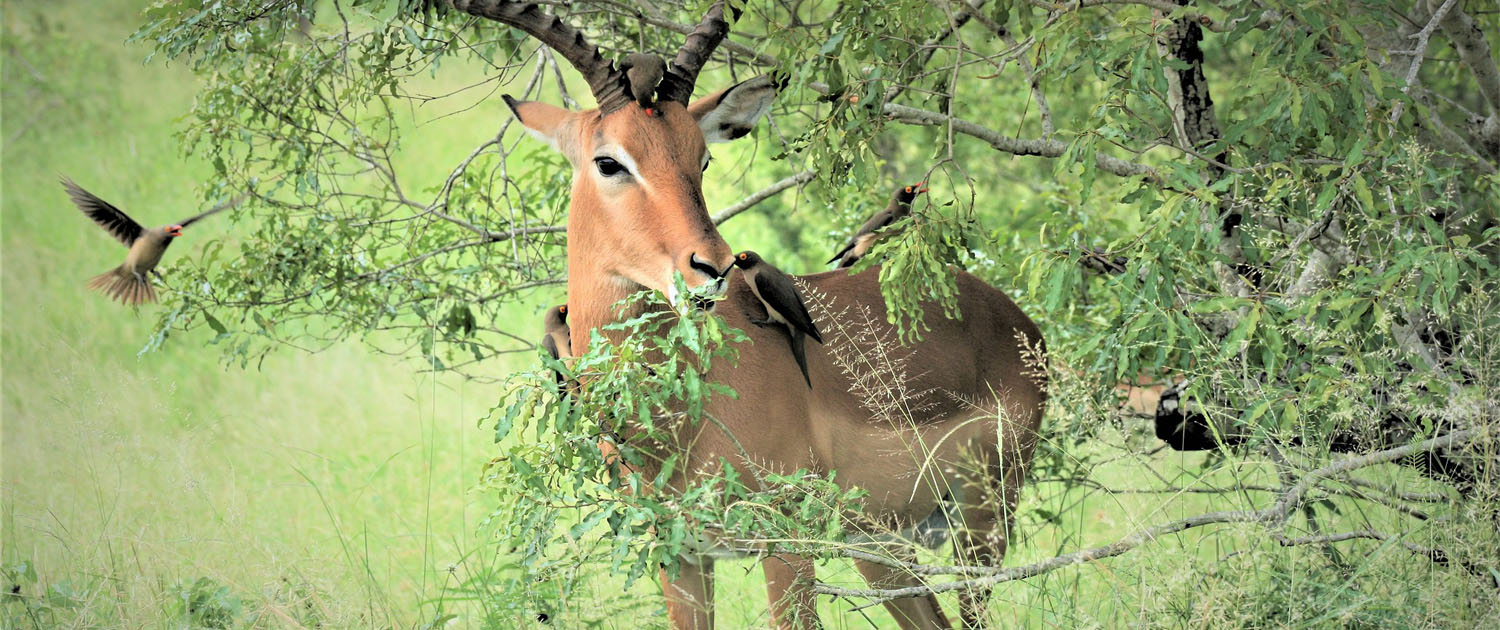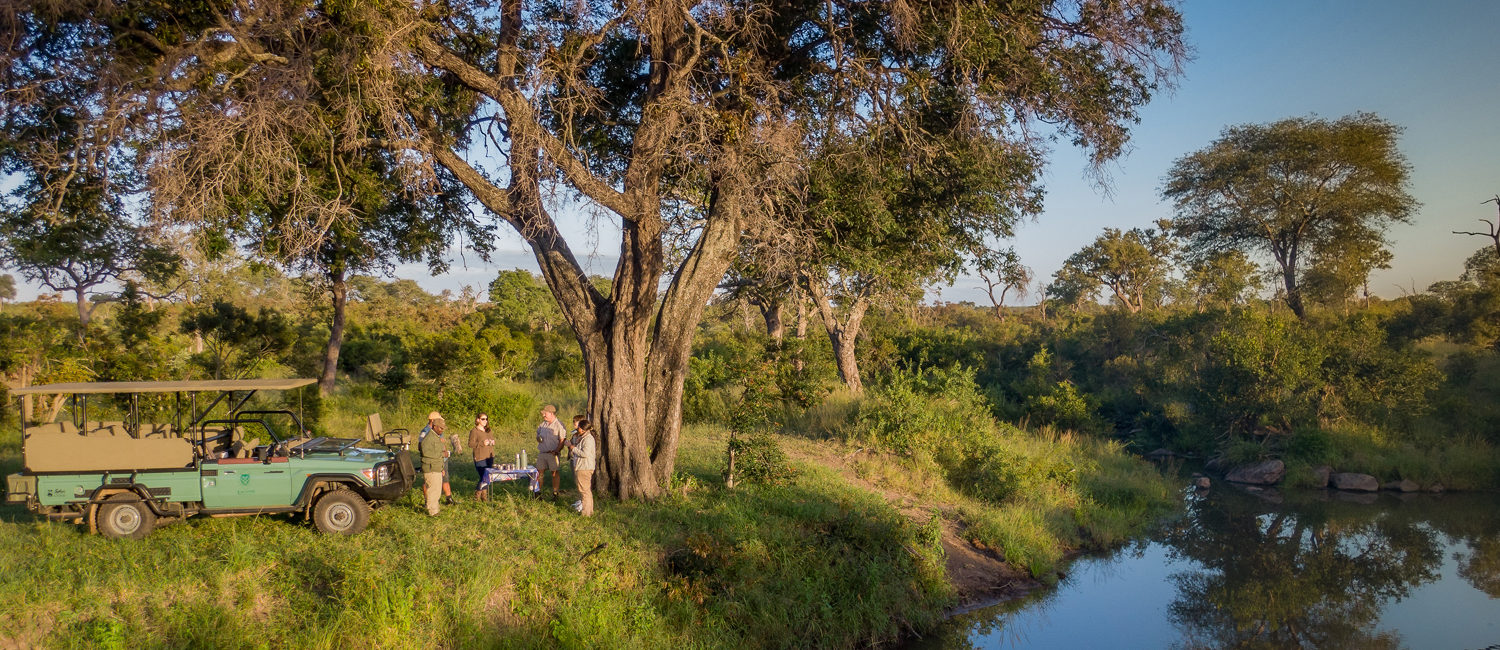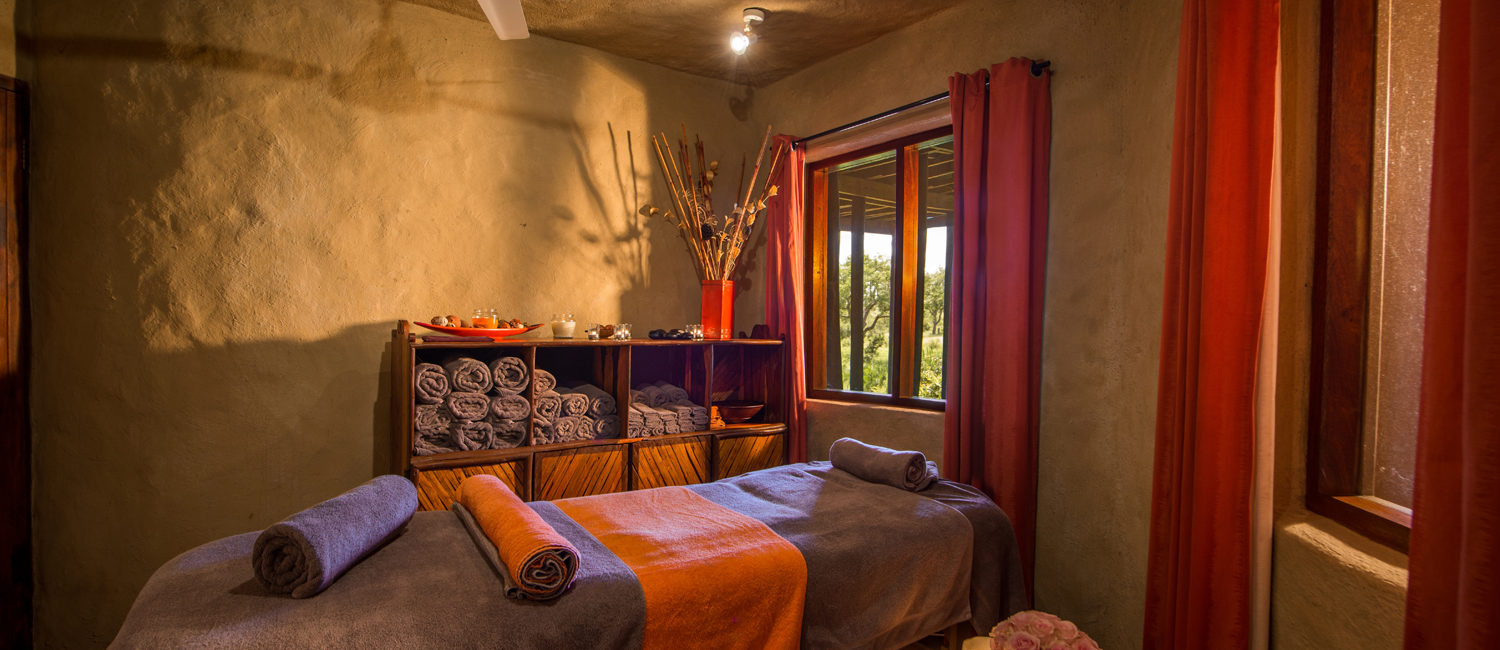A blind safari experience!
I have to admit, I was a bit nervous about my first safari for a blind guest, but I saw this as an opportunity to challenge myself as a guide, to expand my comfort zone and also to focus more on your surroundings and senses. It makes you realise that seeing the animals is not always the key to going and doing a safari, it is the smell of the bush, the sounds around you and the touch as well. It’s an all sensory experience.
I had a couple of quiet days prior the guest’s arrival at Lukimbi Safari Lodge in the Southern part of the Kruger National Park. I used these days just to listen and focus on my surroundings, closing my eyes while driving with other guides, just to imagine what it must be like to explore the bush without sight. It was rather difficult for the first couple of hours or so, but I focused on touch, smell and hearing. It’s going to be a challenge and I had to think very hard as to how I could create but importantly, achieve a fulfilling, stimulating and successful safari like all the other drives I’ve done before.
My guests arrived at the lodge and it was time for the adventure to begin!
We stopped next to a herd of Impalas and listened as they were chewing on some of the drier leaves and grass. In a very soft “ewe” sound, the ewes were calling their lambs. In the distance there was a Swainson’s Spurfowls raucous “krraae-krraae-krraae” call coming from a tree not to far behind the impalas. Kudus also joined the impala and we could hardly hear them walk past our vehicle as they carefully placed the hind foot exactly where they placed their front foot, in order to eliminate sound – which they definitely succeeded in. “Are we driving in a western direction now?” The guest asked me as we continued with our afternoon drive. I confirmed that it was correct which he responded with a smile: “I can feel the warm afternoon sun, shining on my face.”
We approached a dry waterhole on the concession and I stopped the vehicle. “Reach out to the left.” I told him and I got out of the vehicle. Slowly he reached out and started feeling the smooth surface. “Almost like a polished smooth surface” he said. I explained to him that he was touching a fallen Leadwood that became a rubbing post to rhinos and other animals. As they mud wallow they look for a log, tree or rock that they can use to rub their muddy bodies against and from the continued rubbing against the object, the surface becomes smooth. He could also feel little bumps on the post, which we explained was dead ticks that came from the rhino as it was rubbing against the post.
A big old Marula tree right next to the road. I stopped and let him touch the trunk of the Marula Tree. He could feel the distinctive circular discs on the bark, a way that the marula tree is easily recognisable and he also felt a part of the trunk was smooth. The smooth part was the area where the tree got damaged by Elephants as they were peeling of the bark to gain access to the cambium layer which comprises the vascular tissue of the tree. This is where the tree transports water and nutrients from the roots to the leaves of the tree. Sometimes it happens that when the elephants remove the bark, they also ring bark the tree and it then dies, but in this case, the tree managed to repair itself and the scars could be felt clearly. We touched a couple of different trees, like the knobs from the Knob Thorn, the softness, almost toilet paper soft leaves from the African Weeping-wattle and we tasted the bitterness of the Magic quarri (because of the high tannin level in the leaves) when we were making tooth brushes. While busy explaining a bit about the Magic quarri, my tracker spotted movement between the top branches… none other that a big Flap-neck chameleon. I broke off a small branch from the quarri and held it towards the chameleon, allowing it to climb onto my branch and handed it to the guest. He could feel the weight of the chameleon on the branch he was holding, and it gave him an idea how big it was. We slowly and carefully placed the branch back into the bush, where the chameleon safely climbed off and slowly disappeared deeper into the quarri.
Suddenly, a roar in the distance!
It was starting to become dusk and we could feel the cooler autumn air against our skin as we were heading into the direction that we heard the lions roar. Obviously a sound you wish every guest can experience but not always able to accomplish. And there they were, lying in the riverbed. Females, cubs and two beautiful dark maned male lions. On our arrival, one of the females suddenly got up and started walking into our direction. 25m away from us, 15m… 10m…5m I counted down so that the guest understood why the footsteps and breathing of the lioness could be easily heard and also assuring him that we were safe. She stopped in front of us. Then, the moment I hoped for! Both males in the riverbed, right in front of our vehicle started roaring at the same time! The lioness joined, where at this time she was at the back of our vehicle. There we were, surrounded by the largest African carnivores, roaring like never before. A sound you feel vibrating in your bones. I looked at the guest and he was smiling. In the days prior their arrival, I was able to make a mould of the track of a male lion we spotted close to camp, using Plaster of Paris. As the lions moved off that got so close to us. Huge male lion track is almost the same size as a humans hand.
The early evening sounds were entertaining us as we stopped for sundowners. Orange-pink skies were visible on the horizon as the Bubbling Kassinas and the White-faced Whistling Ducks were singing from the big pan. With the assurance that everything was fine and we were safe, we listened as a big herd of Elephants made their appearance at the pan. Splashing and drinking water. An odour followed. A rich, wet, earthy smell, almost like land after first rain. That was the wet mud on their bodies and the water they splashed on them to cool down. We could hear a rumbling sound, produced by the vocal chords and amplified by the upper region of the trunk – it’s the Matriarch telling the rest of the family its time to go. The faint noise of their footsteps could be heard as the giants disappeared into the darkness. Another successful day in the bush ended with the characteristic night sounds of Fiery-necked Nightjars, whistling, ‘good lord, deliiiiver us.
The guest summed up his experience as, “Silent Appreciation!!”
Christa Bohmer

